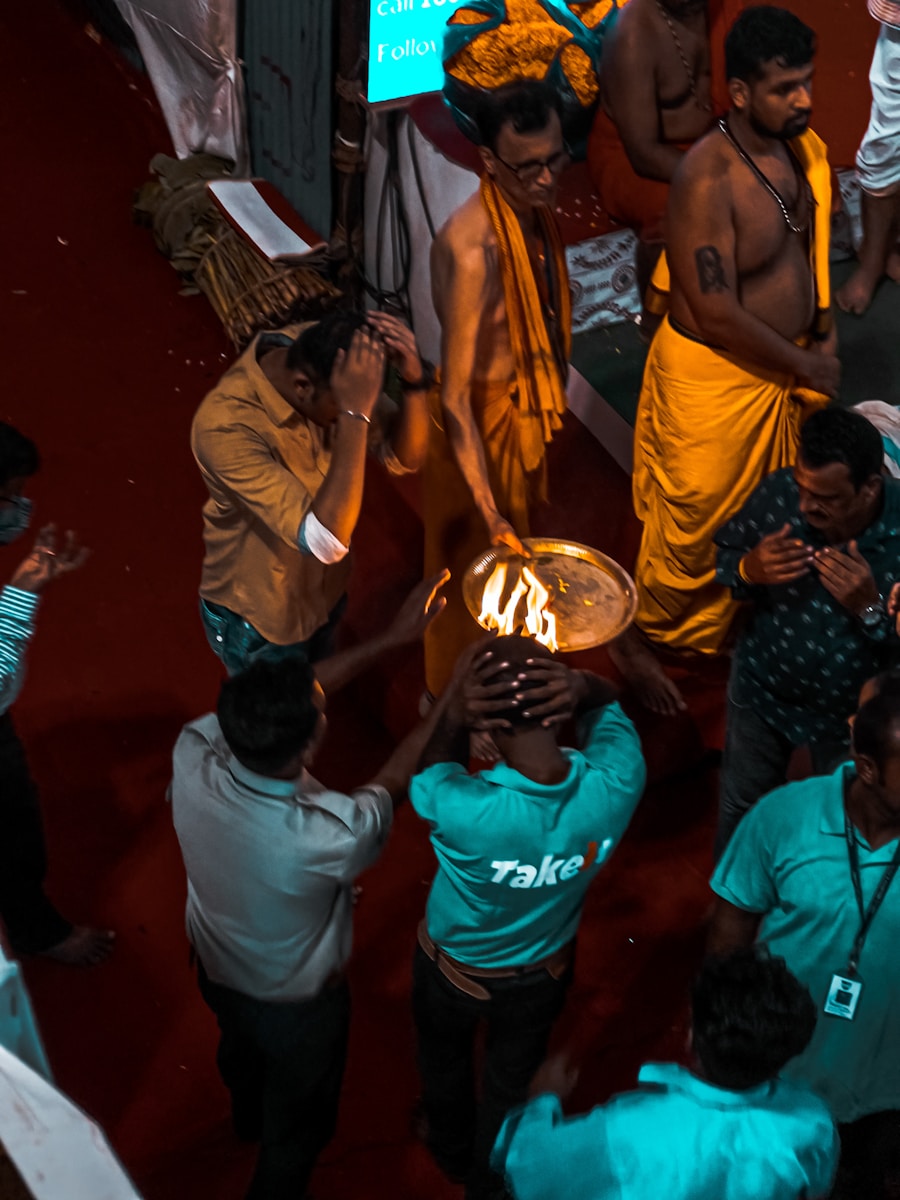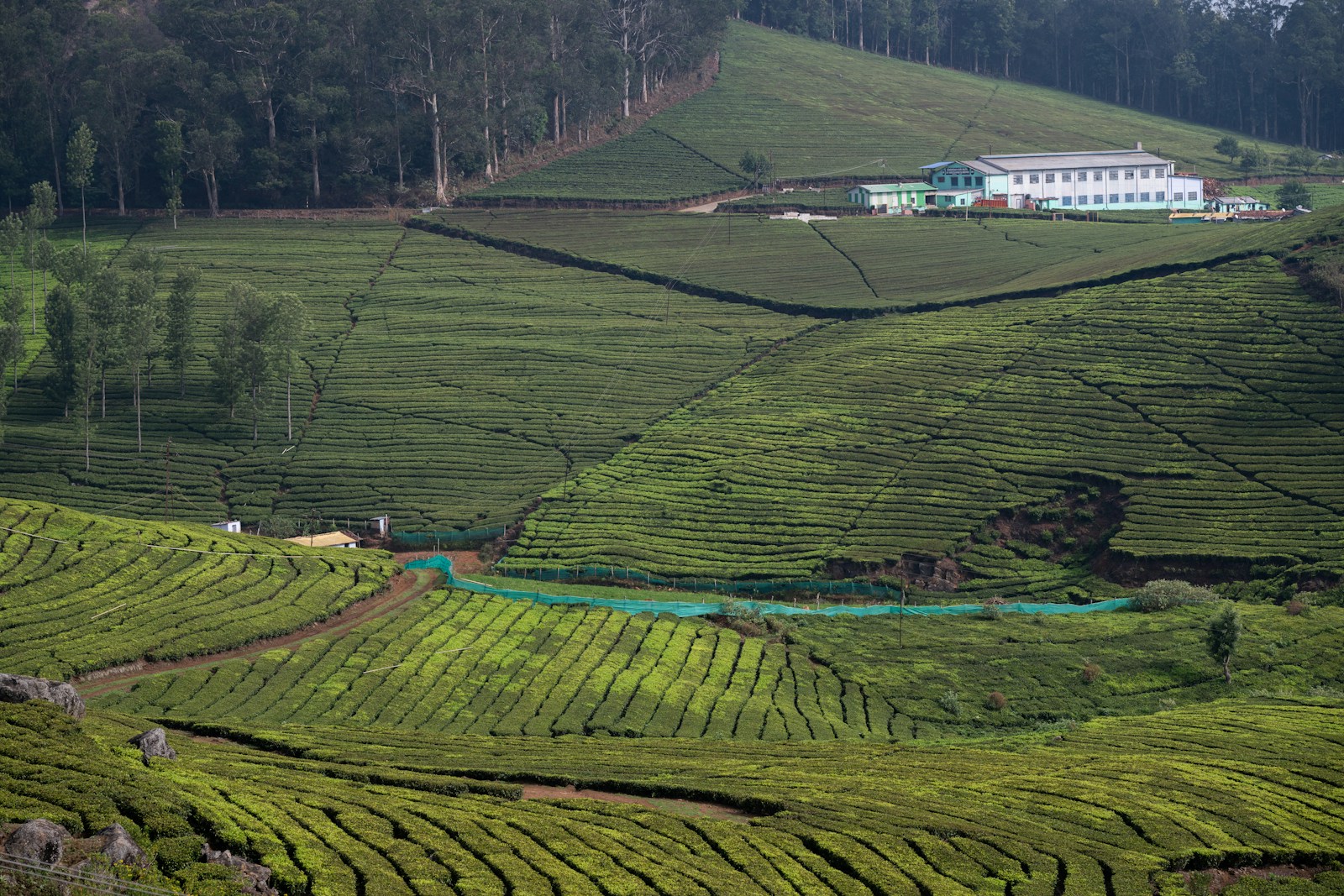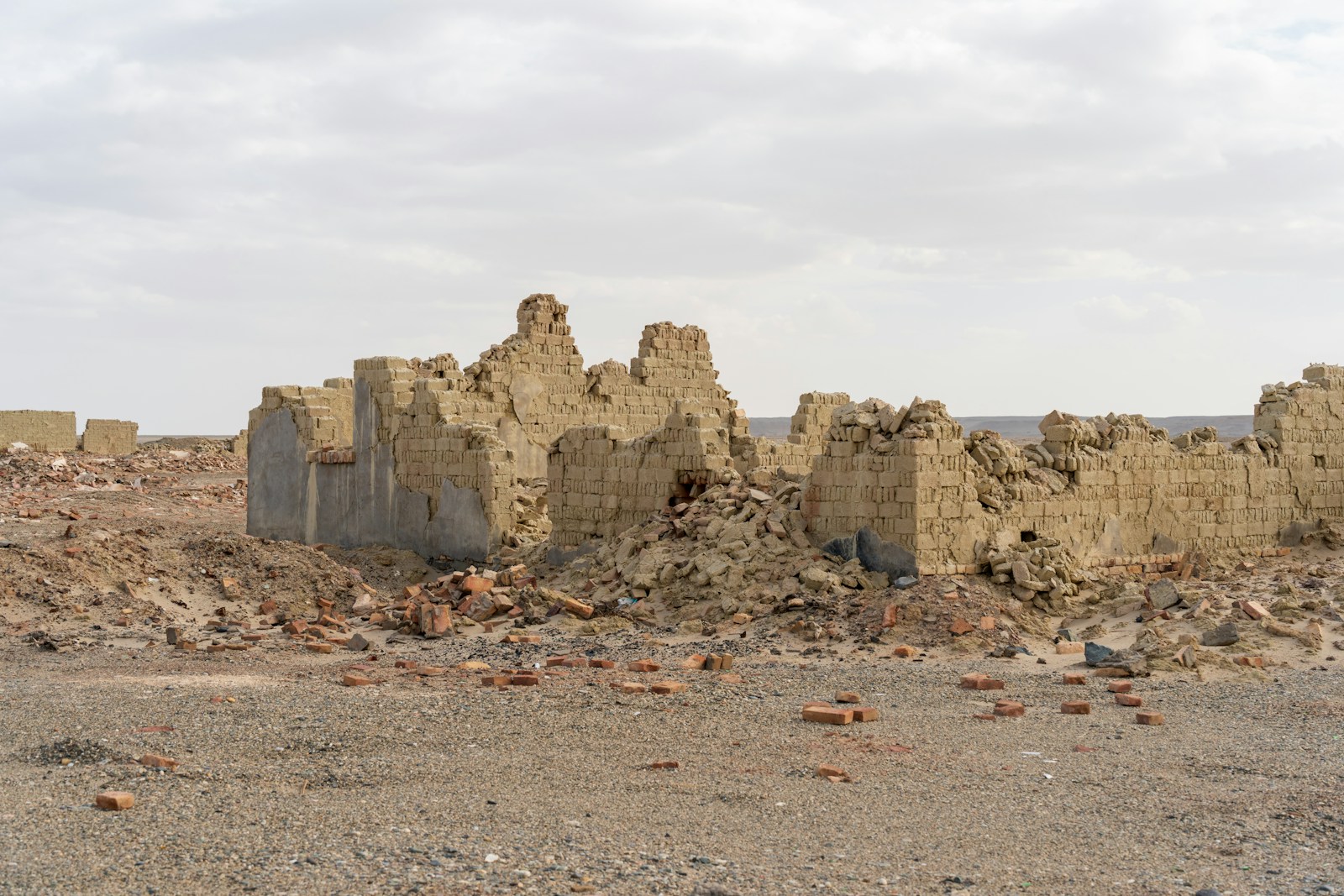US deportees: Shocking Detentions Spark Global Outrage
The plight of US deportees sent to Ghana has captured global attention, igniting debates over human rights, legal protections, and international accountability. Eleven West African nationals, including citizens from Nigeria, Togo, Mali, Gambia, and Liberia, were reportedly deported on September 6, 2025. Allegations of unlawful detention and inhumane treatment have surfaced, raising urgent questions about their safety and rights.
Unexpected Deportations and Lack of Transparency
The deportees claim they were forcibly transported without prior explanation, shackled during flights, and denied access to legal counsel. These actions violate both Ghanaian constitutional rights and international norms protecting vulnerable individuals from persecution. Such incidents highlight the risks faced by those caught in the complex web of international deportation agreements.
Legal Protections Ignored
Several of the US deportees had previously secured legal protections under U.S. immigration law due to fears of persecution or torture in their home countries. Their detention in Ghana, without due process, may constitute a breach of the principle of non-refoulement, a cornerstone of international human rights law designed to prevent returning individuals to countries where they face serious harm.
International Human Rights Concerns
The detention of US deportees in Ghana has drawn sharp criticism from human rights organizations worldwide. Experts warn that holding individuals without legal justification violates international treaties, including the Convention Against Torture. For more details on global human rights standards, see Human Rights Watch World Report 2025.
Ghanaian Government’s Response
The Ghanaian authorities have publicly denied holding any deportees, claiming that all individuals were promptly returned to their home countries. Despite these statements, lawyers representing the deportees insist that at least 11 individuals remain in military custody near Accra. The case has escalated tensions between legal obligations and governmental assertions.
Urgent Court Proceedings
The deportees’ legal team filed urgent applications with the Ghanaian High Court, scheduled for hearing on September 23, 2025. They seek an interim injunction to halt further deportations and a writ of habeas corpus compelling authorities to justify the detentions. For insights on similar legal battles in immigration, see our internal article US Immigration Legal Challenges.
Impact on Deportees’ Mental Health
The experience of US deportees being detained without explanation has profound psychological consequences. Many report severe anxiety, fear, and uncertainty about their future. Mental health specialists emphasize that prolonged detention in unclear legal circumstances can lead to lasting trauma, making urgent intervention critical.
Global Diplomatic Repercussions
The case of these deportees has sparked diplomatic tensions between the United States, Ghana, and the deportees’ countries of origin. International observers stress the importance of adhering to human rights obligations to avoid worsening global relations and reputational damage. Ensuring transparency in deportation processes is crucial for maintaining diplomatic trust.
Media and Public Attention
Coverage of the US deportees situation has been extensive, with international media outlets highlighting potential violations of human rights. Public awareness campaigns have amplified the voices of deportees and their advocates, generating pressure on governments to adhere to ethical and legal standards in deportation practices.
Path Forward and Legal Remedies
Lawyers representing the deportees are pursuing all possible legal avenues, including appeals to international courts if necessary. The goal is to secure justice, protect the rights of deportees, and establish precedent for the humane treatment of individuals facing deportation. Ensuring that deportees are treated in accordance with international law remains a top priority for advocacy groups worldwide.
Conclusion
The plight of US deportees in Ghana underscores the complex intersection of immigration law, human rights, and international diplomacy. Their case illustrates the urgent need for transparent, lawful deportation procedures and reinforces global awareness of the responsibilities nations hold toward vulnerable individuals. As legal proceedings continue, the world watches closely, demanding accountability, protection, and justice for those affected.




